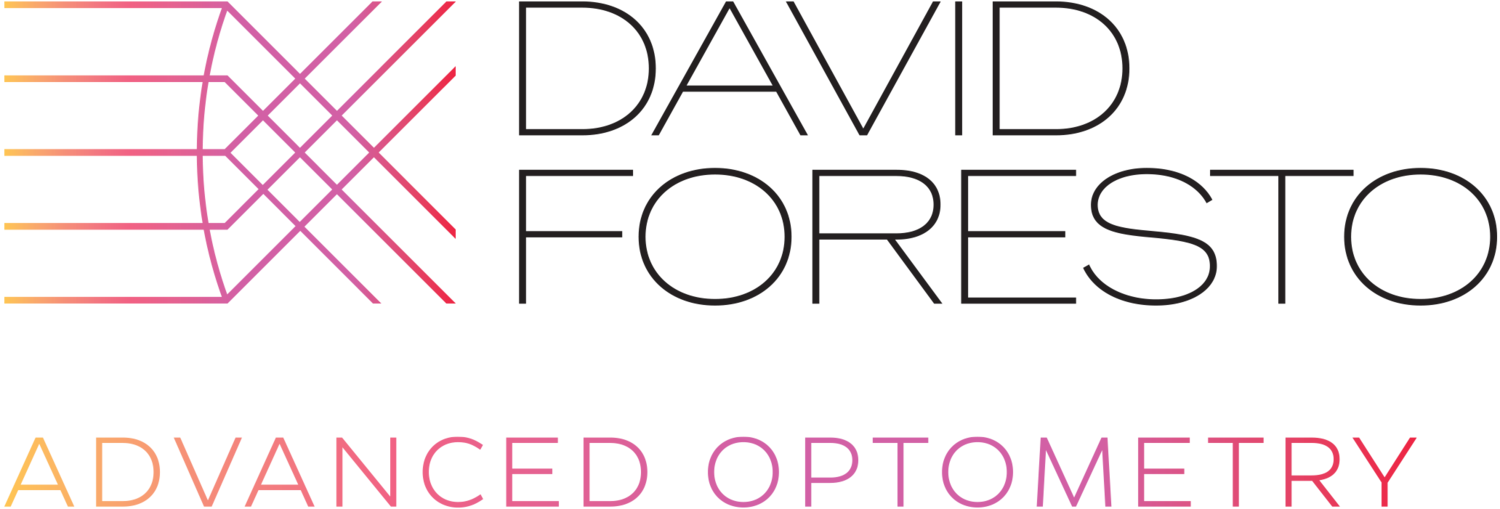Myopia Control
We can slow the progression of short sightedness (myopia)
Are you worried that you or your child's eyes are continually getting worse? Technology now exists to slow the rate of short sightedness.
We are privileged to be one of the few practices in Australia to have access to Coopervision's full range of myopia control contact lenses including MiSight. We also offer Orthokeratology and Hoya Miyosmart spectacle lenses as myopia control treatments. Full peer reviewed published scientific studies are available.
What is Myopia?
The most common form of myopia occurs when the eye grows too long for its optical system comprising of the eye's cornea, lens and internal fluids. A fraction of a millimeter in excessive length can create a substantial amount of myopic blur.
One way of slowing down the progression of myopia is with the use of orthokeratology contact lenses. These custom designed rigid contact lenses are worn overnight and not only correct the vision so that there is no need for glasses or contact lenses the next day, they also slow the rate of myopia progression by about half. That means, that patients who wear these lenses only get worse at half the speed of patients who wear traditional glasses.
Studies have also confirmed that a similar slowing of myopia can be achieved with the wearing of multifocal soft contact lenses during the day. Such products are Coopervision MiSight, Naturalvue 1 Day, Acuvue Abiliti and Markennovy EDOF.
Myopia control is an extremely important aspect of eye care in that patients who are very short sighted not only are more reliant on their visual devices for correction, but also carry increased risks of retinal detachment, glaucoma and myopic retinal degeneration. All of these conditions are potentially blinding.
We have extensive experience in managing myopia control and in teaching other optometrists and optometry students in this field.
References +
Walline JJ, Lindsley K, Vedula SS, et al. Interventions to slow progression of myopia in children. Cochrane Database Syst Rev. 2011 Dec 7;(12):CD004916.
Chua WH, Balakrishnan V, Chan YH, et al. Atropine for the treatment of childhood myopia. Ophthamology. 2006 Dec;113(12):2285-91.
Cho P, Cheung SW, Edwards M. The longitudinal orthokeratology research in children (LORIC) in Hong Kong: a pilot study on refractive changes and myopic control. Curr Eye Res. 2005 Jan;30(1):71-80.
Walline JJ, Jones LA, Sinnott LT. Corneal reshaping and myopia progression. Br J Ophthalmol. 2009 Sep;93:1181-5.
Chung K, Mohindin N, O’Leary DJ. Undercorrection of myopia enhances rather than inhibits myopia progression. Vision Res 2002 Oct;42(22):2555-9.
Wick RE. The use of bifocals in myopia; a case report. Am J Optom Arch Am Acad Optom. 1947 Aug;24(8):368-71.
Walline JJ, Jones LA, Sinnott L, et al. A randomized trial of the effect of soft contact lenses on myopia progression in children. Invest Ophthalmol Vis Sci. 2008 Nov;49(11):4702-6.
Anstice NS, Phillips JR. Effect of dual-focus soft contact lens wear on axial myopia progression in children. Ophthalmology. 2011 Jun;118(6):1152-61

